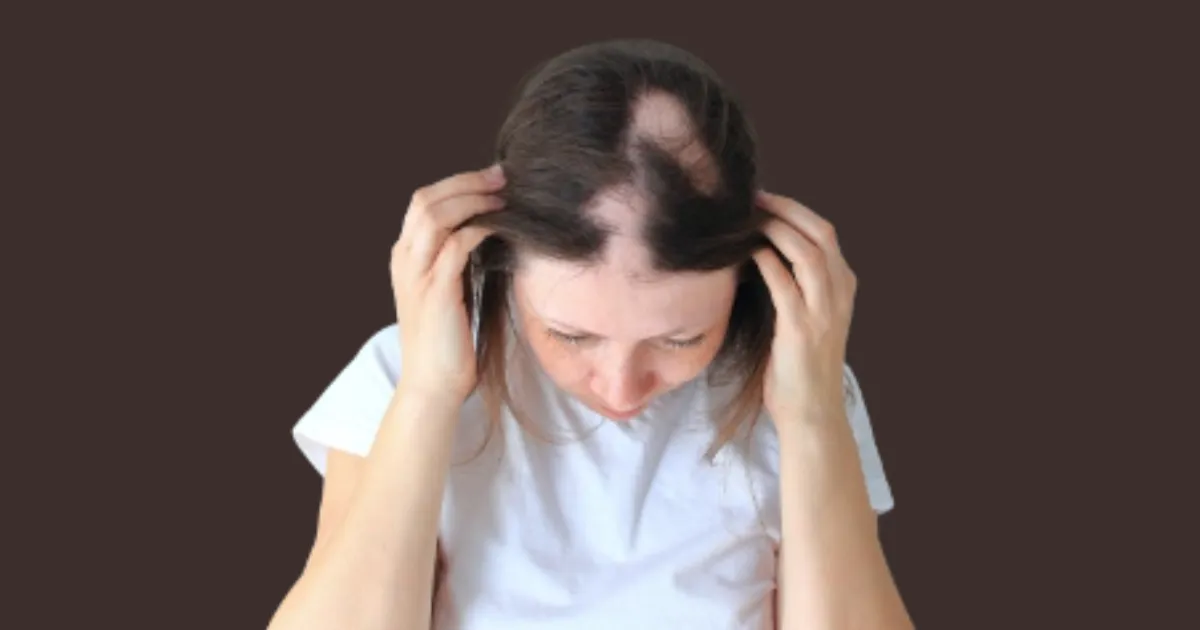
Understanding Alopecia Areata: Causes and Treatment
Alopecia Areata Causes And Treatment Alopecia areata is a puzzling condition where your immune system mistakenly attacks your hair follicles, leading to hair loss. This autoimmune disorder can cause hair to fall out in small, round patches, and in some cases, it can lead to total baldness. Though it can affect anyone at any age, it often starts in childhood or teenage years.
Table of Contents
- Alopecia Areata: Understanding the Causes
- Causes Of Alopecia Areata
- Symptoms of Alopecia Areata
- Treatment Of Alopecia Areata
- Conclusion
- FAQS
- Related Video | Alopecia Areata Causes And Treatment
Alopecia Areata: Understanding the Causes
Genetic Factors: Genetics play a significant role in alopecia areata. If you have a family history of this condition, your chances of developing it are higher. Scientists have identified several genes associated with the immune system that may contribute to alopecia areata, indicating that it can be inherited.
Immune System and Autoimmunity: The primary culprit behind alopecia areata is autoimmunity. Your immune system, which usually defends your body against harmful invaders, mistakenly targets your hair follicles. This attack disrupts normal hair production, leading to hair loss.
Environmental Triggers: Stress and certain lifestyle factors can trigger alopecia areata. Although not a direct cause, these triggers can exacerbate the condition. High levels of stress, traumatic events, or significant changes in life can contribute to the onset or worsening of symptoms.
Potential Causes: Hormonal Imbalances: Changes in hormones, especially in women, can play a part in hair loss.
Nutritional Deficiencies: A lack of essential nutrients like vitamins and minerals can also contribute to hair health issues, including alopecia areata.
Causes Of Alopecia Areata
Before deciding on any treatment, one needs to understand what Alopecia is. It is the medical term for hair loss, and a study has identified that around 58% of males aged between 30 to 50 years have some type of this condition. 12% of women in the age range of 20 and 29 years may also suffer from the same. While genetic and hereditary factors may play a vital role in the occurrence of Alopecia, hormonal changes, side effects of medicines and poor lifestyle habits can also result in hair loss. The good thing is that recent advancements in trichology have enabled doctors to treat severe cases of hair loss as well.
Symptoms of Alopecia Areata
Patchy Hair Loss: The most noticeable symptom of alopecia areata is patchy hair loss. These patches can appear suddenly and can be found on the scalp, face, or other parts of the body.
Nail Changes: Some people with alopecia areata may notice changes in their nails, such as pitting or ridges. These changes can sometimes be an early indicator of the condition.
Psychological Impact: Living with alopecia areata can be emotionally challenging. Hair loss can affect self-esteem and lead to feelings of depression or anxiety. It’s essential to address these psychological impacts and seek support when needed.
Treatment Of Alopecia Areata
Medications for Alopecia Areata There are several medications that can be used to treat alopecia areata, including
- 1, Topical corticosteroids: These are applied directly to the scalp and can help to reduce inflammation and promote hair growth.
- 2, Oral corticosteroids: These are taken in pill form and can be used for more severe cases of alopecia areata.
- 3, Topical minoxidil: This medication is applied to the scalp and can help to stimulate hair growth.
- 4, Enthralling: This medication is applied to the scalp and can help to promote hair growth.
- 5, Immunomodulators: These are used to suppress the immune system, in order to stop it from attacking the hair follicles.
It’s important to note that not all medications will work for everyone, and it may take some trial and error to find the most effective treatment. It’s always recommended to consult a doctor or a dermatologist for the best treatment for you.
Conclusion
Alopecia areata can be a challenging condition, but understanding its causes and exploring various treatment options can make it more manageable. If you’re dealing with this condition, know that you’re not alone and that support is available. Stay informed, seek help when needed, and remain hopeful for new advancements in treatment
Learn more about health-related treatment options. Click here
FAQS
Ques-1, What is the main cause of alopecia areata?
Ans: The primary cause of alopecia areata is an autoimmune reaction where the immune system mistakenly attacks hair follicles.
Ques-2, Can alopecia areata be cured?
Ans: There is no cure for alopecia areata, but various treatments can help manage the condition and promote hair regrowth.
Ques-3, How long does it take for hair to grow back?
Ans: Hair regrowth varies; some people see improvement in a few months, while others may take longer. In some cases, hair may not grow back.
Ques-4, Is alopecia areata contagious?
Ans: No, alopecia areata is not contagious. It is an autoimmune condition and cannot be spread from person to person.
Ques-5, Can diet affect alopecia areata?
Ans: While diet alone cannot cure alopecia areata, maintaining a balanced diet rich in essential nutrients can support overall hair health and potentially reduce symptoms.
Related Video | Alopecia Areata Causes And Treatment
Was this article helpful?
Stay updated with the latest posts on HealthToLife—expert health tips, wellness trends, and life-changing advice you don’t want to miss. Click to explore.



